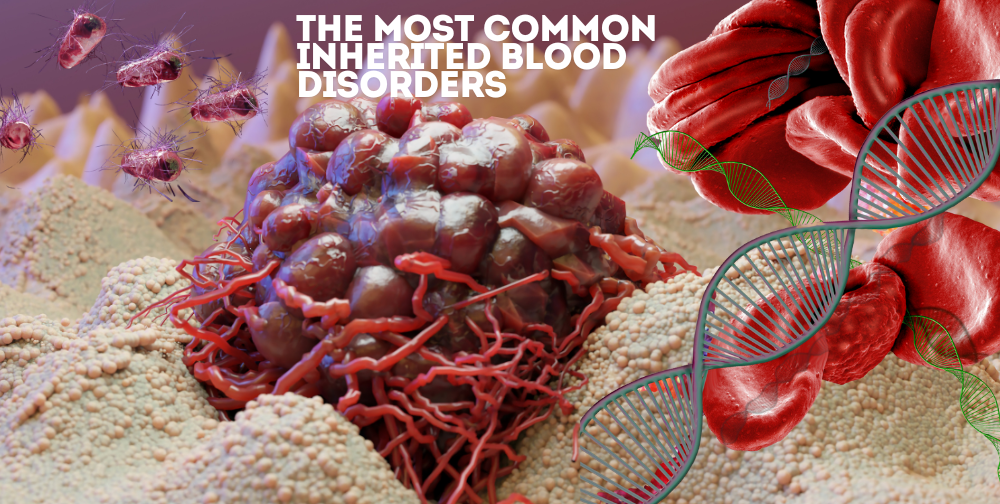
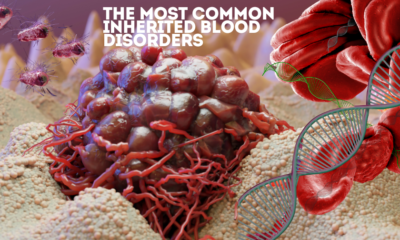

Sickle Cell Disease (SCD) is one of the most common inherited blood disorders, affecting millions worldwide, particularly individuals of African, Hispanic, South Asian, and Middle Eastern...
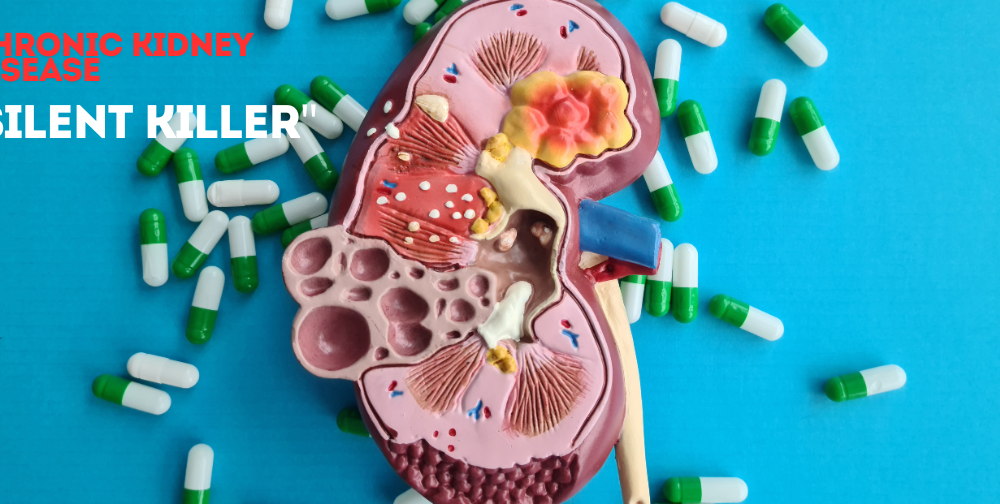
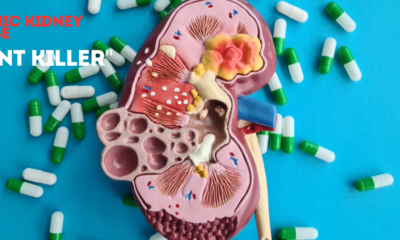

Introduction to Chronic Kidney Disease (CKD) Chronic Kidney Disease (CKD) is a long-term, progressive condition where the kidneys lose their ability to function effectively over time....



Parkinson’s disease (PD) is a progressive neurodegenerative disorder that affects millions of people worldwide. Named after the English physician James Parkinson, who first described it in...



Infectious diseases are a persistent global threat, capable of disrupting lives, economies, and public health systems. From the COVID-19 pandemic to more localized outbreaks of diseases...



The liver is a vital organ in the human body, performing numerous functions that are essential for life. It plays a key role in metabolism, detoxification,...
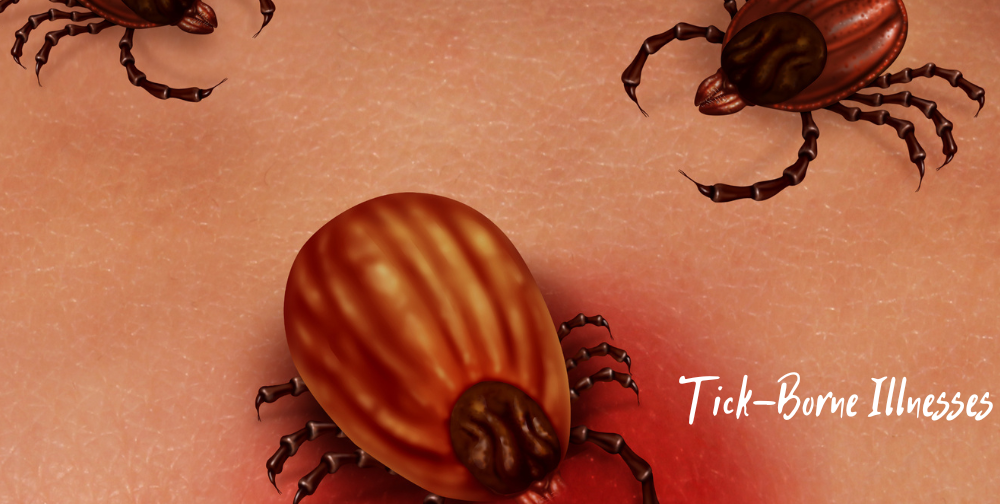


Tick-borne illnesses, particularly Lyme disease, are emerging as a significant public health concern worldwide. These diseases, transmitted primarily by ticks, have surged in prevalence over the...



Alzheimer’s disease and dementia represent significant public health challenges worldwide, affecting millions of individuals and their families. Early detection of these conditions is crucial as it...



Heart disease, often termed the “silent killer,” remains the leading cause of death globally, responsible for an estimated 17.9 million lives annually. This condition encompasses a...
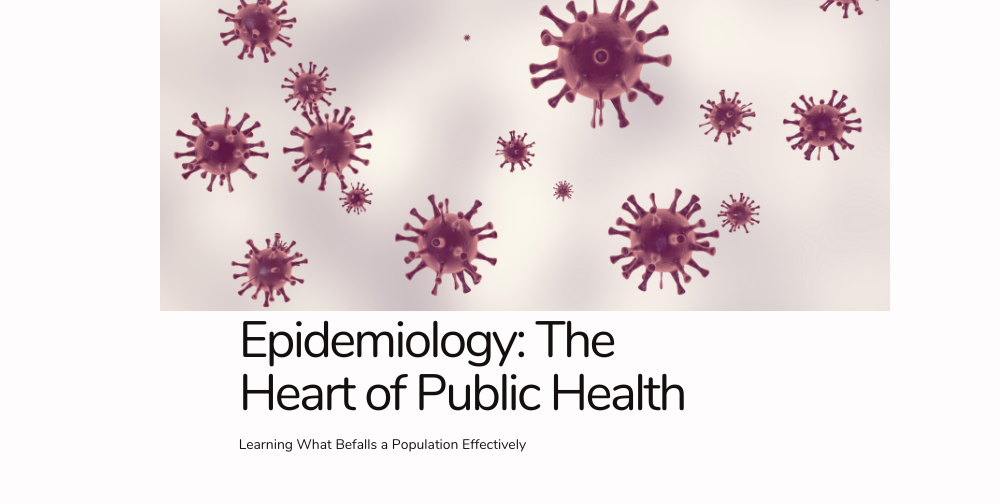
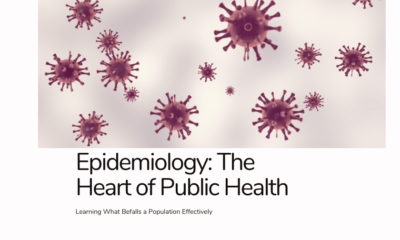

Epidemiology is a discipline in public health that examines the distribution, determinants, and deterrents of health-related events in populations. It provides the scientific foundation for public...